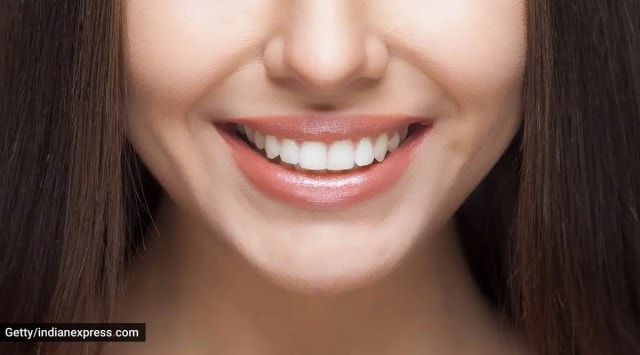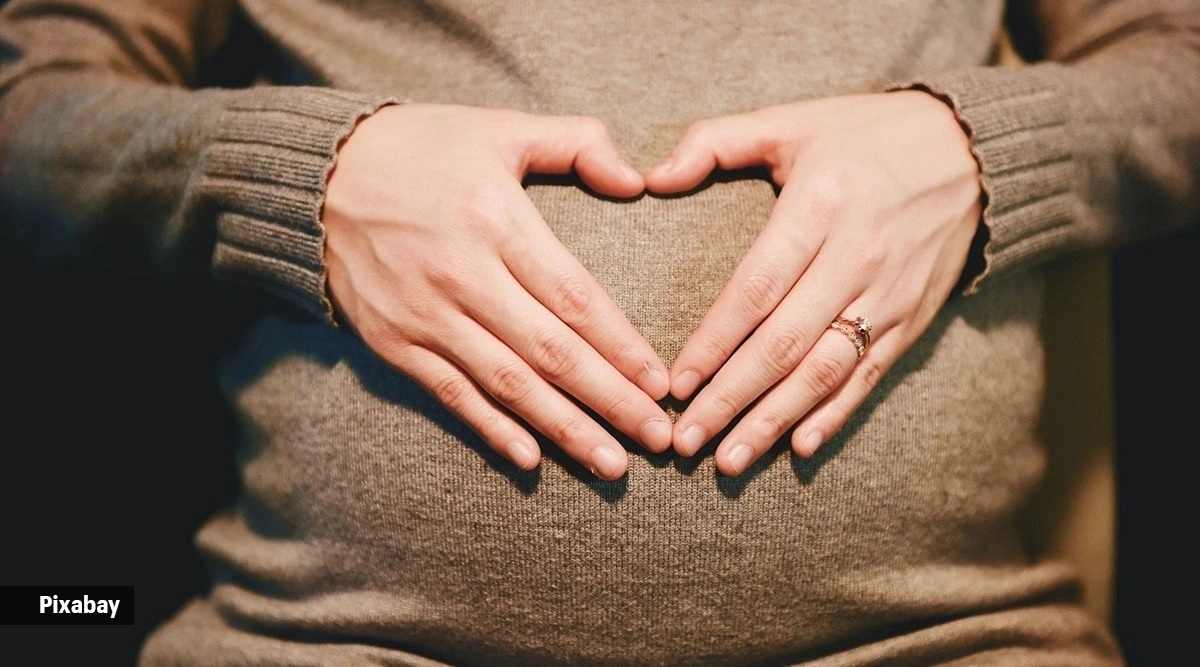📣 For more lifestyle news, click here to join our WhatsApp Channel and also follow us on Instagram
Know Your Body: Your teeth start growing 6 months before you are born
Permanent teeth in humans develop and erupt in the same manner as primary ones.
 Know all about your teeth (Source: Getty Images/Thinkstock)
Know all about your teeth (Source: Getty Images/Thinkstock)Through our Know Your Body series, we have explored many parts and aspects of the human body which continue to evoke a continuous sense of awe because of the sheer magnitude of the functions they take on. A less explored aspect is human teeth, which, it is said, start growing six months before one is born.
We decided to talk to an expert to find out about the process.
Dr Ekta Khatri, Co-Founder, The Func Dent, said the process starts as early as six weeks of gestation with the formation of teeth involving a complex series of events that occur in stages starting from initiation. It involves the development of tooth buds in the jaw bone, followed by the bud stage where the tooth components such as enamel, dentine, pulp, and cementum start to form.
“Around the third or fourth month of pregnancy, the buds start forming into a cap-like structure, therefore, called the cap stage. The tooth continues to develop through what is known as the bell stage. In the last trimester, the mineralisation of the tooth occurs with enamel formation. Lastly, after birth, the roots of the teeth begin to form and continue to grow,” said Dr Khatri.
The first set of teeth that develop are the primary or baby teeth. These teeth continue to grow and move towards the gums ready for eruption, typically after six months of being born until three years of age, said Dr Khatri. However, she said this milestone may vary from child to child.
 Here’s what to understand (Source: Getty Images/Thinkstock)
Here’s what to understand (Source: Getty Images/Thinkstock)
“A complete set of primary dentition includes 20 teeth. This primary dentition starts to fall out at around six years of age to make way for permanent teeth. The permanent teeth develop and erupt in the same manner as the primary teeth. This process continues until adolescence and typically follows a specific order, with the lower central incisors (front teeth) eruption first, followed by the upper anterior, and then molars, canines, and premolars. During this time the set of primary and permanent teeth are often referred to as mixed dentition,” she added.
The process of tooth eruptions ends after the third molar, also known as the wisdom tooth, grows between the ages of 17 to 25 years. At this time, most adults have a full set of dentitions in their mouth comprising 32 teeth. “However, for some individuals, teeth may be less in number as they might be congenitally missing or have undergone some treatment,” Dr Khatri pointed out.
Dr Khatri’s words said since the mouth is the only inlet in our body, it’s essential to take care of oral hygiene in order to take care of the whole body.
Here’s what we should keep in mind:
*Visit your dentist for regular checkups
*Your baby should visit the dentist after the eruption of their first tooth or first birthday, whichever comes first
*Brushing and flossing daily, preferably using soft-bristled brushes
*Eat a balanced diet and limit your sugar intake
*Hydrate well and avoid acidic drinks, smoking, and alcohol
*Taking care of your teeth from an early age and practising good oral care habits can help ensure a healthy and beautiful smile.
📣 For more lifestyle news, follow us on Instagram | Twitter | Facebook and don’t miss out on the latest updates!
📣 For more lifestyle news, click here to join our WhatsApp Channel and also follow us on Instagram



- 01
- 02
- 03
- 04
- 05
























